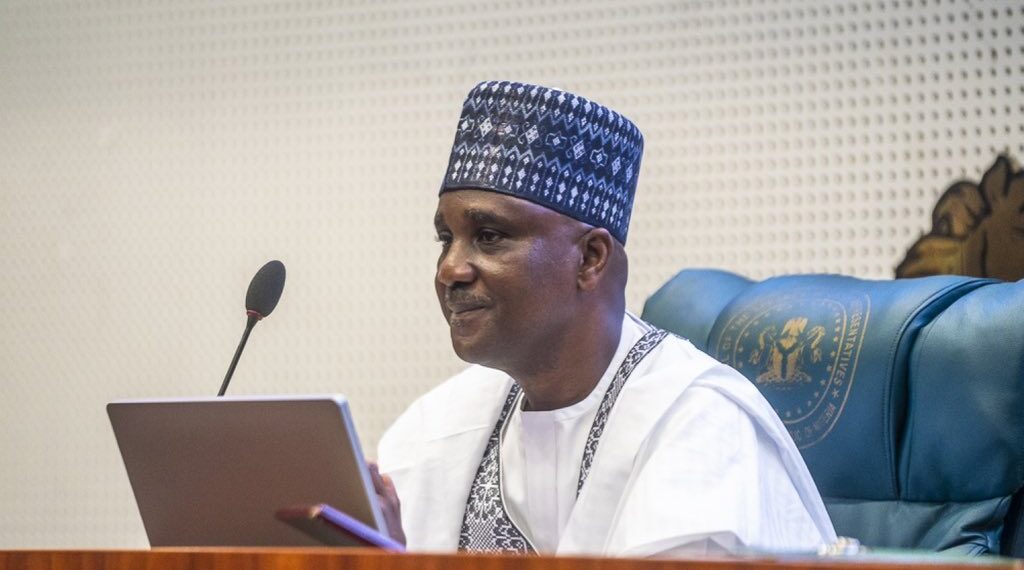
Addressing the escalating concerns and debates surrounding the “Counter Subversion Bill, 2024 (HB. 1652),” which he has put forward, the Speaker of the House of Representatives, Rt. Hon. Abbas Tajudeen, has stepped in.
This move follows numerous reports circulating in the media about the purpose and repercussions of the proposed law.
In a statement issued by his media aide, Musa Krishi, on Wednesday, the Speaker expressed gratitude for the considerable interest shown by Nigerians in the Bill, recognizing its relevance to national security.
However, he emphasized the necessity to clarify various aspects to ensure a correct grasp of the Bill’s objectives and legislative journey.
The statement highlighted that the Counter Subversion Bill was tabled in the House of Representatives on July 23, 2024.
Stating, “It is currently at the introductory stage and has not yet undergone in-depth legislative examination.
“The objective of the Bill is to bolster Nigeria’s counter-terrorism framework by addressing subversive activities by diverse groups, including associations, organizations, militias, cults, bandits, and other banned entities.
This mirrors comparable laws in countries like the United Kingdom, Spain, India, Turkey, Canada, and Australia.”
Reiterating the House of Representatives as the “People’s House,” the Speaker welcomed extensive public involvement and discourse on the Bill’s provisions.
He underscored the significance of concerns and recommendations from Nigerians in shaping the final legislation.
Detailing further, “The bill must pass through a series of stringent parliamentary stages. It will progress to a Second Reading, where its advantages and disadvantages will be thoroughly deliberated by House Members.
“At this juncture, the fate of the bill may be acceptance or rejection.
“In case of a Second Reading approval, it will be forwarded to the relevant House Committee for further legislative steps.
“The committee is mandated to convene a public hearing of Nigerian citizens, especially pertinent stakeholders.
“Public inputs, through personal attendance or written submissions, will guide the committee’s report to the House.”
He supplemented, “Following the committee’s review, the Bill will advance to the Third Reading.
“Once passed, the Bill proceeds to the Senate for concurrence. If endorsed by the Senate, it then reaches the President’s desk for endorsement.
“The President retains the prerogative to sign the Bill into law or withhold assent.”
Assuring Nigerians, Abbas affirmed that the Bill prioritizes national security interests and does not single out any specific group or region.
He stressed the transparent and participatory nature of the legislative journey, providing ample opportunity for public involvement and feedback.
Concluding, the Speaker reaffirmed his dedication to ensuring that “all proposals presented before the House, including the Counter Subversion Bill, will undergo meticulous scrutiny, with the voices of Nigerians pivotal in determining the outcome.”
